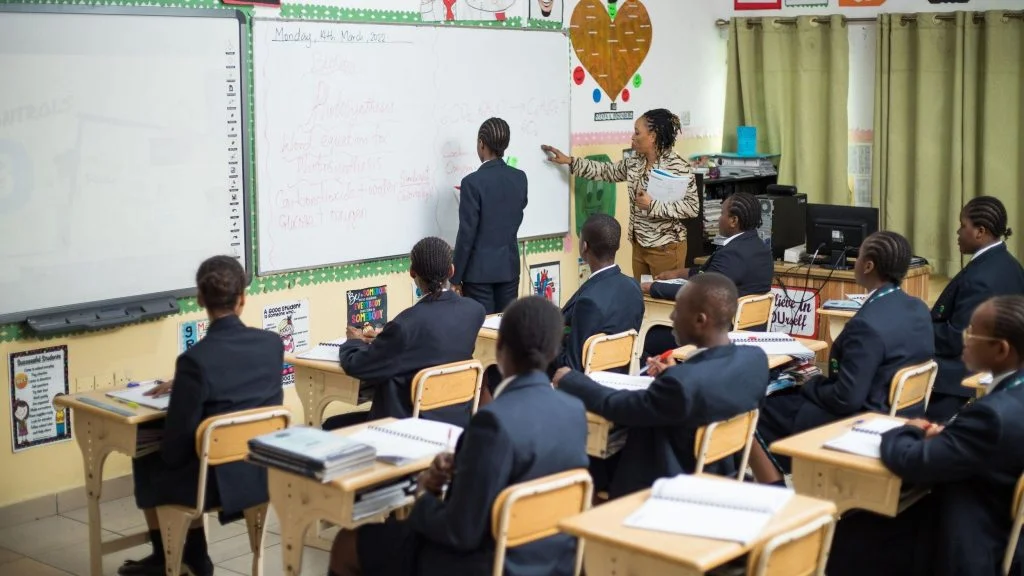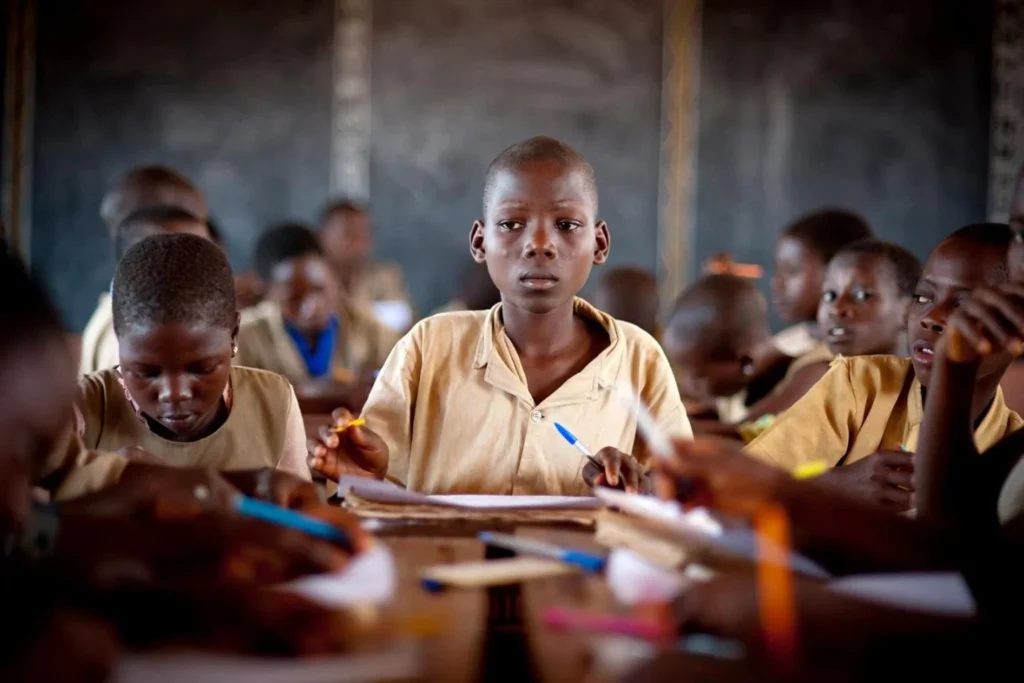Nigeria’s Education Revolution: Coding, AI, & Journalism Now in Secondary Schools
In a bold move to modernize education and groom the next generation for a tech-driven world, the Federal Government has unveiled a revamped secondary school curriculum—infused with journalism, programming, artificial intelligence (AI), robotics, and fact‑checking.
The announcement was made by Dada Olusegun, Senior Special Adviser to the President on Social Media, who revealed highlights from the new, pending curriculum document.
What’s New In The Curriculum?
Junior Secondary (JSS 1–3):
* Digital Literacy & Coding: Master the basics of Word, Excel, PowerPoint, internet research, introductory Python, Scratch, and even hands‑on robotics kits.
* Continued focus on core subjects—Mathematics, English, Integrated Science, Social Studies, Languages, Creative Arts, and Physical & Health Education—with digital skills seamlessly integrated.
Senior Secondary (SS 1–3):
* English & Communication: Now includes journalism, fact‑checking, and public speaking—tools for the digital-first communicator.
* Technology & Innovation: Dive into programming (Python, JavaScript, HTML/CSS), AI & robotics, cybersecurity, and data science—poised to prepare students for tomorrow’s economy.
* Added emphasis on research & project work, culminating in a capstone project where students gather, analyze, and defend their findings.
* Broader enhancements include advanced STEM, social sciences, global languages, creative arts & media production, and wellness-focused courses (mental health, leadership training).
Why This Means
1. Future-Ready Learners
By embedding AI, coding, and media literacy in classrooms, Nigeria aims to cultivate critical thinking, creativity, and innovation right from adolescence—a strong step toward nurturing globally competitive talent.
2. Streamlined Learning
The new design reduces subject overload by grouping related disciplines, thereby sharpening focus and enhancing depth of learning.
3. Teacher Empowerment & Readiness
This aligns neatly with broader initiatives—like the AI‑in‑Pedagogy training launched for 6,000 selected senior secondary teachers nationwide—ensuring educators are equipped to teach these new modules effectively.
What Lies Ahead?
* Curriculum Roll-Out: This curriculum is expected to take effect in the 2025/2026 academic year, with resources and teacher training hopefully following shortly.
* Supporting Infrastructure: As schools adapt to these changes, upgrading lab facilities, internet access, and teacher support will be key to successful implementation.
* Long-Term Vision: This reform is part of the broader
Also Read: FG Declares Friday Public Holiday For Eid-ul-Mawlid
*Renewed Hope Agenda, which also includes digital initiatives like the 3 Million Technical Talent (3MTT) programme, aiming to fast-track Nigeria’s tech workforce.
The Fresh Curriculum
Nigeria’s fresh curriculum is a breath of innovation—melding traditional subjects with digital-age essentials. It’s a bold step toward an education system that doesn’t just keep pace with global trends but sets the stage for future leadership in tech, media, and innovation.









